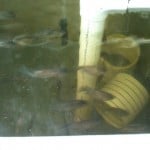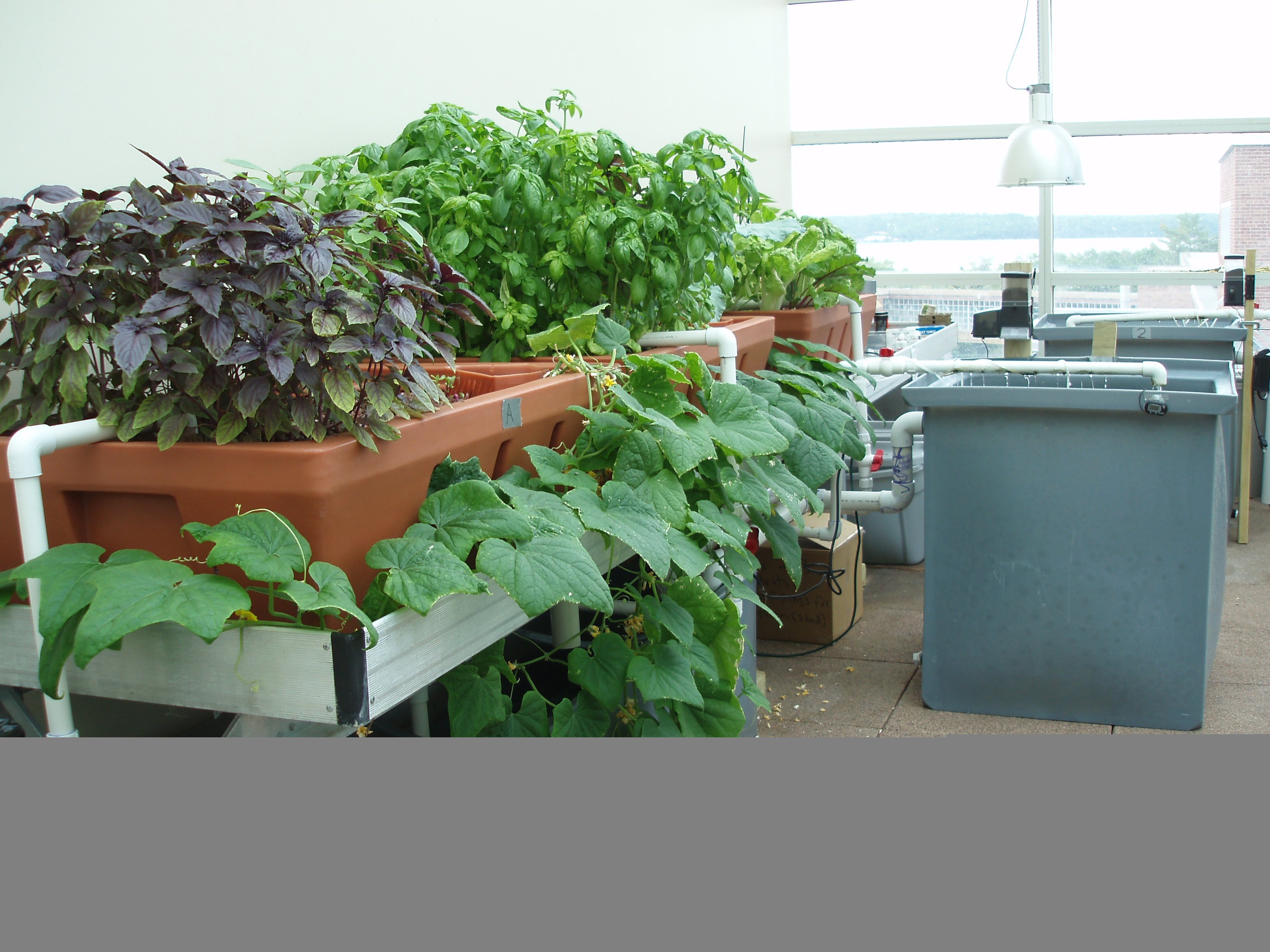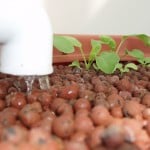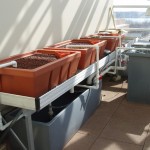Tonight (Tuesday 25 September) at 6pm….. sponsored by the Global City student organization:
Global Citizens! Join us for the first Global City presentation of the 2012-2013 school year!
Tomorrow night, Tuesday, September 25, 6:00-7:00 pm in Fisher 138.
Linda Rulison and Catherine Paavola, members of the grassroots organization FOLK (Friends of the Land of Keweenaw), will discuss the local environmental issues which led to FOLK’s creation over 20 years ago. Their current initiatives and foci not only concern the environment but also involve human rights and social issues, topics which are concerns of people worldwide.
For more information, see the abstract below. Pizza and sodas will be provided! If possible, try and bring your own cups so we can cut down on waste.
FOLK is an active all-volunteer organization dedicated to maintaining a healthy Lake Superior bioregion. Our goals are to educate the public and support activities which recognize the inherent worth of our forest, our land and our watersheds. Please contact FOLK for information on how to join.
Jutting 80 miles into Lake Superior’s cold deep waters, the Keweenaw Peninsula is the jewel of the Great Lakes. A land of small farms and historic towns, clean air and tall pines, clear water and rugged shoreline, the Keweenaw is an area of unparalleled natural beauty. However, it’s beauty and tranquility has been threatened; this is the story of a group of citizens that have united to meet that threat and to always protect the quality of the Keweenaw.
In 1989, the James River Corporation proposed the construction of a 1.2 billion dollar bleach kraft pulp/paper mill near Keweenaw Bay in Michigan’s Western Upper Peninsula. If allowed to be built the mill would consume the equivalent of 80 clear cut acres of forest and discharge 41 million gallons of dioxin-laced waste effluent into Lake Superior each day. This threat to the Lake Superior watershed jolted local residents into action and gave birth to Friends of the Land of Keweenaw or FOLK. In less than a year, the tireless efforts of many caring citizens prevailed, culminating in the withdrawal of the mill proposal. These efforts included, Investing in the Keweenaw’s Future – Moving Towards Sustainable Development, a progressive report which introduced the concepts of sustainability that are now widely accepted.
Today, FOLK continues to be a diligent force working together with other state and national organizations to protect and preserve the ecological integrity of the Lake Superior Watershed. FOLK has spent considerable effort dealing with local land issues.
To read more about FOLK, visit their website: http://www.folkup.org/index.php



